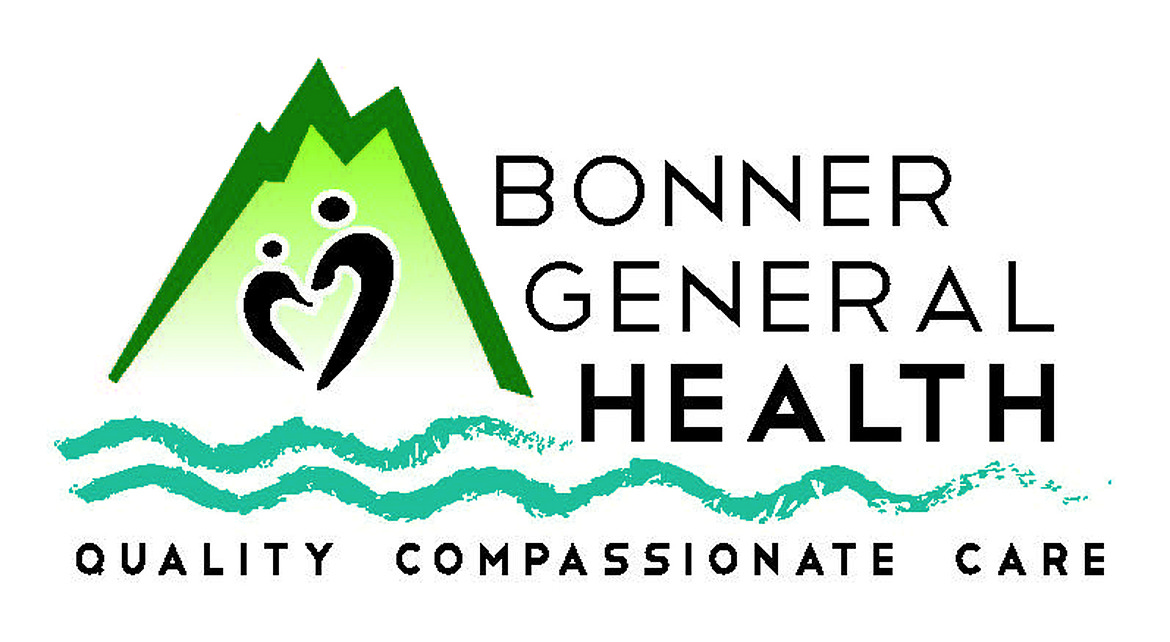Every pregnancy carries risks
Although each pregnancy carries risks, good prenatal care and timely screenings can minimize those risks. You and your OB/GYN team will develop a plan, preferably before you get pregnant, and, of course, you’ll stick to it.
Let me briefly explain some of these risks. For starters, women under the age of 20 are more apt to deliver prematurely, have a baby with low birth weight, and experience pregnancy-induced hypertension (high blood pressure).
“Young women’s bodies are still growing and changing,” Healthline says. “An underdeveloped pelvis can lead to difficulties during childbirth” They also say that teens often have poor eating habits, and the nutritional deficiency can put extra strain on the body and cause complications for both the mom and the fetus.
Alternatively, women over 35 are less likely to have a problem-free pregnancy. They often have underlying conditions like high blood pressure, diabetes, or cardiovascular disease. Uncontrolled these conditions can contribute to miscarriage, poor fetal grown and birth defects due to chromosomal issues. Women over 358 are more likely to have multiple pregnancies and are more apt to have a cesarean delivery.
“Being either overweight or underweight can lead to complications during pregnancy. Women who are obese are at a higher risk than normal-weight women of having babies with certain birth defects, including spina bifida, heart problems, hydrocephaly (water on the brain), cleft palate, and lip. Women who weigh less than 100 pounds are more likely to deliver prematurely or give birth to an underweight baby,” Healthline says.
Of course, preexisting conditions will have increased risk. Those, such as diabetes, sexually transmitted diseases, high blood pressure, polycystic ovary syndrome, autoimmune diseases, kidney disease, thyroid disease, asthma, and uterine fibroids, are on the list of things that can increase the risk of pregnancy complications.
As soon as you think or know you’re pregnant, you’ll want to make an appointment with your OB/GYN. Getting a complete health workup will help you through your entire pregnancy. Then, you’ll be scheduled for regular prenatal screenings. They’ll include blood tests, ultrasounds, and glucose screening.
If an irregularity is suspected, a chorionic villus sampling may be taken to determine if any chromosomal abnormalities are present. This involves taking a small piece of tissue from the placenta, which can identify abnormalities such as Down syndrome and cystic fibrosis when analyzed.
Sometime after week fifteen of your pregnancy, you may be advised to have an amniocentesis. This will be considered if a prenatal screening test showed abnormal results, you had a chromosomal abnormality during a previous pregnancy, you’re over thirty-five, you have a family history of, or you or your partner is known to be a carrier of a genetic disorder.
In your third trimester, the screenings will include electronic fetal heart rate monitoring. This is used to confirm the baby is healthy. This monitoring will also be done during delivery.
“The nonstress test (NST) involves a fetal monitor strapped to the mother’s abdomen to measure the baby’s heart rate as it moves. It is called “non-stress” because no stress is placed on the fetus for the test,” Healthline says. They say this test may be ordered if you think the baby isn’t moving normally, you are past your due date, or if the medico wants to ensure that the placenta is healthy and functioning well.
Between your thirty-fifth and thirty-seventh week, you will be tested for group B streptococcus (GBS). This is not the bacterium that causes strep throat; that’s group A. The group B bacterium is usually harmless in healthy adults. In newborns, however, it can cause serious illness or death.
The American College of Obstetrics and Gynecologists explains: “In women, GBS most often is found in the vagina and rectum; meaning GBS can pass from a pregnant woman to her fetus during labor. However, it is rare, occurring in one or two babies out of 100.”
The test for GBS involves the clinician taking a swab from the vagina and rectum and then cultured. A positive test will result in an IV antibiotic administered during delivery to protect your baby.
Sandpoint Women’s Health can answer all your questions about nutrition, regular checkups, and screenings during your pregnancy. Call 208-263-2173 for an appointment or go online to bonnergeneral.org.
Kathy Hubbard is a member of the Bonner General Health Foundation Advisory Council. She can be reached at kathyhleehubbard@yahoo.com.



